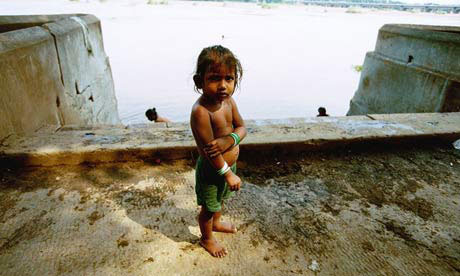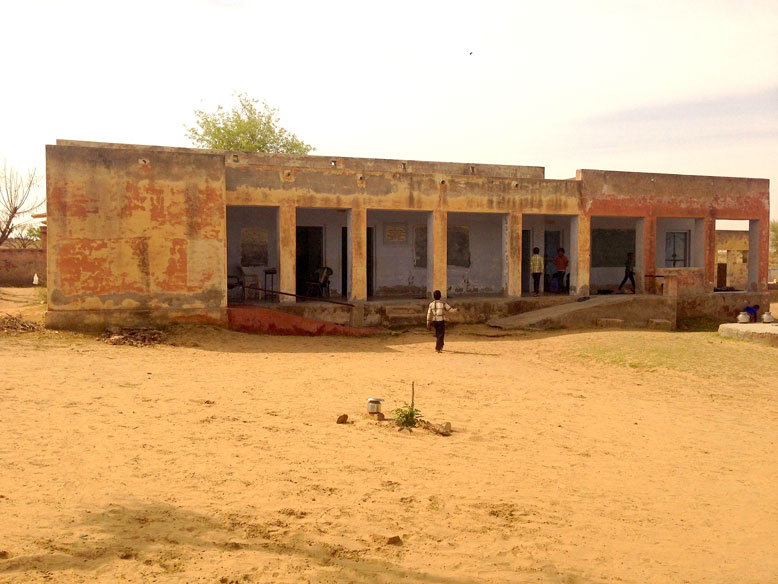
Some 620 million people across India defecate outside, the largest number world-wide. About 70% of rural Indians don't use toilets, and 28 million children have no toilet facilities in school, according to Unicef. It is common practice for India's mothers to dispose of their children's waste in the open.
After 10 years of working in the humanitarian field, it is clear to us that simple measures such as sanitation and hygiene are essential for children to survive.
About 48 per cent of children in India are suffering from some degree of malnutrition. Diarrhea and worm infection are two major health conditions that affect school age children, at the least impacting their learning abilities, at worst contributing to high child mortality rates.


Our interactive health and hygiene talks, which teach hand washing with soap to young children has long been a staple of our programs. This simple yet effective measure is able to reduce diarreal disease by over 40% and respiratory infections by 30%
Sadly these figures often hit a ceiling due to the fact that most small desert schools, have no wells to draw water from, nor do their bathrooms have any sewage systems.
We are now poised to improve our health and hygiene program by initiating our prototype "School Sanitation Program" on our October 2014 Pushkar Relief Ride.
This program will bore a well to provide running water for the toilets, build a sewage system in order to manage waste, and renovate the existing school bathrooms to enable a higher level of sanitation at the school in the village of Hirasar.
 Some 620 million people across India defecate outside, the largest number world-wide. About 70% of rural Indians don't use toilets, and 28 million children have no toilet facilities in school, according to Unicef. It is common practice for India's mothers to dispose of their children's waste in the open.
Some 620 million people across India defecate outside, the largest number world-wide. About 70% of rural Indians don't use toilets, and 28 million children have no toilet facilities in school, according to Unicef. It is common practice for India's mothers to dispose of their children's waste in the open. 
 Our interactive health and hygiene talks, which teach hand washing with soap to young children has long been a staple of our programs. This simple yet effective measure is able to reduce diarreal disease by over 40% and respiratory infections by 30%
Our interactive health and hygiene talks, which teach hand washing with soap to young children has long been a staple of our programs. This simple yet effective measure is able to reduce diarreal disease by over 40% and respiratory infections by 30%